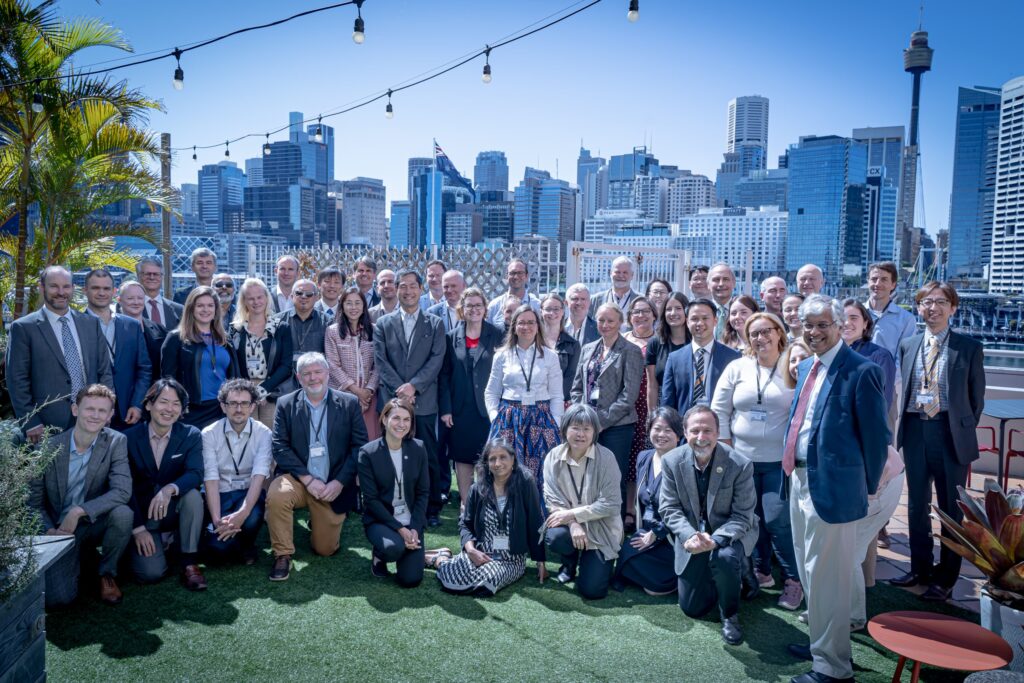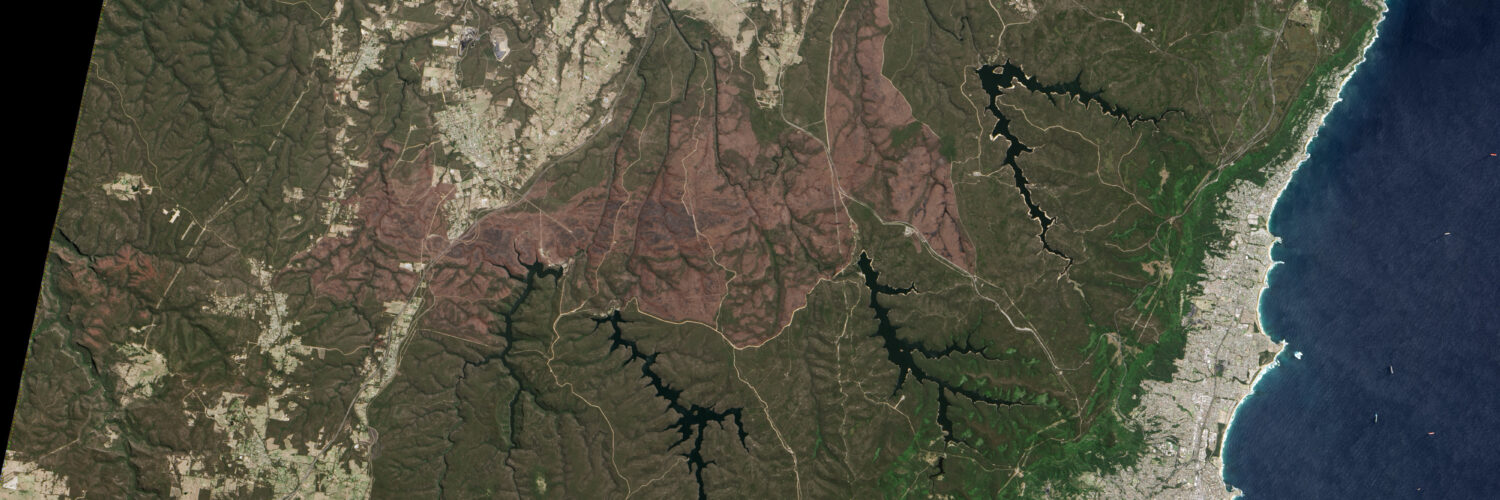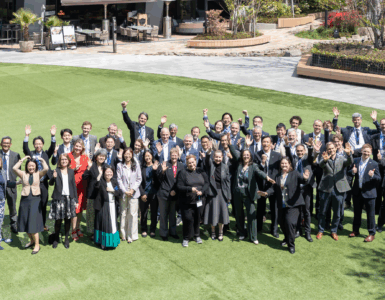The CEOS Strategic Implementation Team (SIT) Technical Workshop (TW) was held in Sydney, Australia on 17-19 September 2024. The meeting was organized by the Japan Aerospace Exploration Agency (JAXA) as the SIT Chair and hosted by the Commonwealth Scientific and Industrial Research Organisation (CSIRO) and the Geoscience Australia (GA).
Approximately 80 participants (50 in person and 30 online) attended the two-day hybrid meeting and the side events held the day before. The workshop provided an opportunity to discuss strategic and technical issues and to prepare the information for decision-making at the CEOS Plenary next month.

Participants to the 2024 SIT-TW in Sydney, Australia
The meeting was also an important opportunity to discuss the two SIT Chair priorities – Climate Policy Impact of Satellite data and Greenhouse Gas (GHG) Observations from Space, which JAXA committed to when it assumed the chairmanship in November 2023.
Climate Policy Impact of Satellite Data
This priority addresses obstacles and opportunities for CEOS agency data to have maximum impact in the key climate policy processes such as the UNFCCC Global Stocktake (GST) of the Paris Agreement. As a core activity of the priority, lessons learned from the first GST in 2023 were shared during the meeting,.
WGClimate reported that our pilot atmospheric flux CO2 and CH4 budgets delivered to GST1 were not widely used by the national inventory community to compile or validate national inventories and that there is a need to engage national inventory communities/compilers in the development of future products. The WG also noted that CEOS needs to work closely with UNFCCC to stay informed and help them understand how to use the top-down flux datasets together with the bottom-up datasets.
Greenhouse Gas (GHG) Observations from Space
Another priority addresses coordination for GHG observation continuity challenges ahead and developing good practices so that operators of all kinds may contribute to societal needs. To advance this priority, GHG Roadmap Issue 2 has been developed by the CEOS GHG Task Team together with colleagues from the Coordination Group for Meteorological Satellites (CGMS). The major updates include classification and refinement of short- and long-term goals, and stakeholder engagement including UNEP’s International Methane Emissions Observatory (IMEO) and WMO’s Global Greenhouse Gas Watch (G3W). In addition, CEOS recognizes the importance of linking the GHG Roadmap with the AFOLU and Aquatic Carbon Roadmaps. As SIT Chair, JAXA undertakes to ensure that coordination.
The developing GHG Best Practices Document focuses on facility scale measurements and incorporates the results of discussions with commercial companies that operate their own GHG satellites. This effort will be the first step in standardizing data for users, which can also support data providers outside the CEOS Agency.
In Sydney, we also discussed the important issue of biodiversity, which is the 2024 CEOS Chair theme. As CEOS Chair, the Canadian Space Agency (CSA) proposed to form a Biodiversity Study Team to look in detail at how CEOS can continue to contribute in this area. A discussion and decision will be made at the 2024 CEOS Plenary.
I would like to thank the CEOS members who participated in the 2024 SIT-TW for their valuable contributions and discussions. The meeting was fruitful and an important opportunity to set the stage for important decisions at the 2024 CEOS Plenary. I would also like to express my deepest gratitude to CSIRO and GA for hosting us so generously.

Hironori Maejima
CEOS SIT Chair, JAXA






